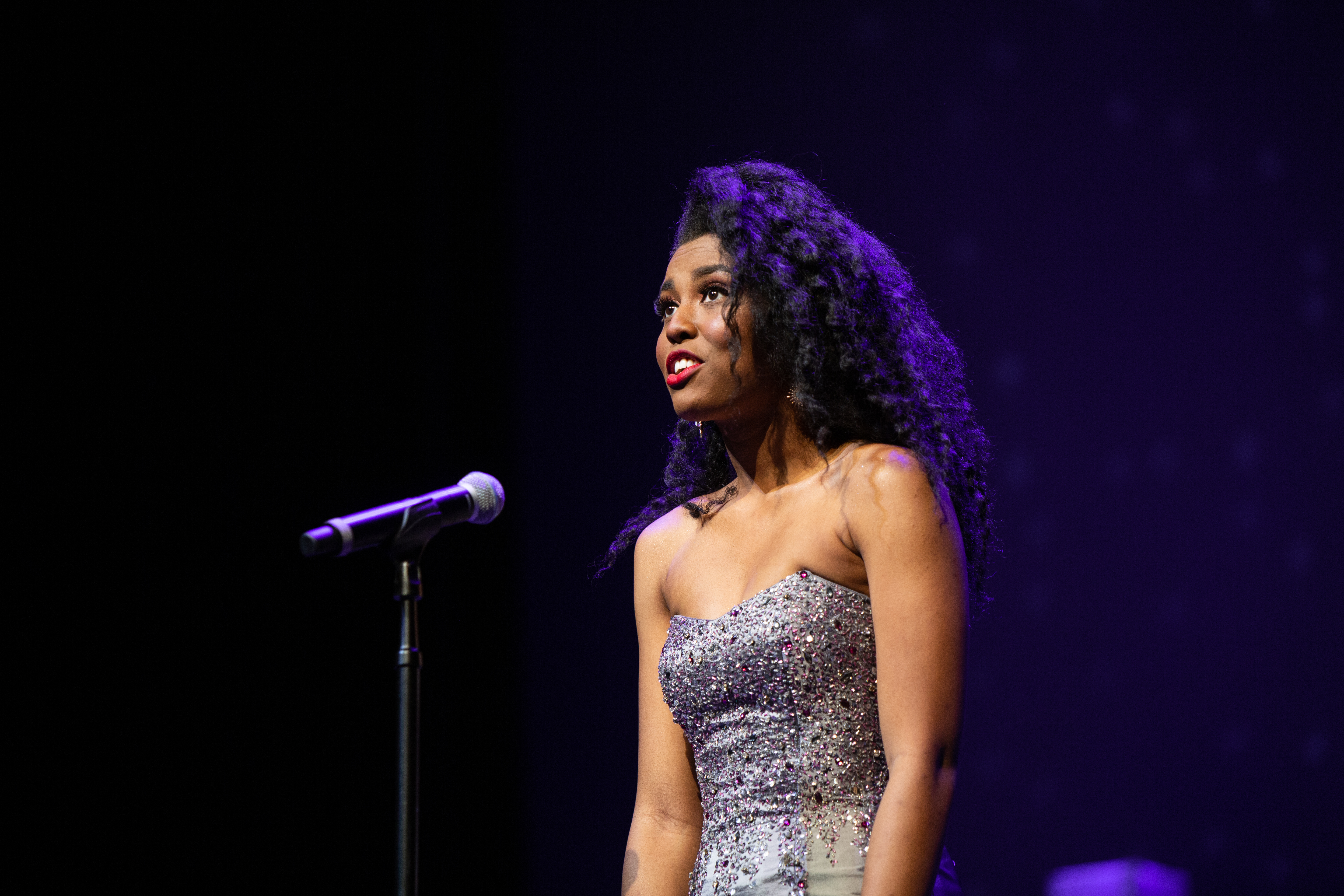Welcome to Whose Feminism Is It Anyway, where the gender wage gap’s made up and the facts don’t matter!*
“Feminism” is a polarizing word. It’s a term with a lot of baggage. And it’s precisely because of this baggage why I am not a feminist. Rather than spending all my time distancing myself from the belligerent feminists who have perverted feminism in several ways, it’s far more beneficial for me to say: “yeah, I’m for equality, of course. But I am not a feminist.” I do not want to be affiliated with that group, and in this article I will explain one of my reasons why.
~
Take a second and read some lyrics from pop star Daya’s hit song “Sit Still, Look Pretty” (2016).
“Mister Right could be nice for one night, but then he wanna take control // And I would rather fly solo // Then Snow White, she did it right, in her life // Had seven men to do the chores // ‘Cause that’s not what a lady’s for // The only thing a boy’s gonna give a girl for free [is] captivity // And I might love me some vanilla but I’m not that sugar sweet // Call me HBIC.”
Like any pop song, Daya’s is catchy, peppy and cute. It easily gets stuck in your head, and you’re singing it throughout the day. But what are you really singing? Did you notice how insidious the line about Snow White is? She says that doing chores is not a women’s purpose in life. Well of course—that goes without saying. But she then completely turns the situation on its head and praises a woman for having men do the labor for her. So, Daya, is that what men are for now? If feminism is merely for equality, why would Daya have such a pointed line as that? Why couldn’t that verse represent something as more of a partnership, instead of a complete reversal of roles?
The following line is even more insulting. “The only thing a boy’s gonna give a girl for free [is] captivity.” I was flabbergasted when I heard that line. The main problem I have with it is the broad brushstroke with which it paints men. She doesn’t make a distinction that “some men” or “some men in her life” have treated women that way. It was a general application to all boys. There’s really no other word for those lyrics: they’re deplorable.
If the lyrics weren’t enough, check out the music video. In it, Daya starts off on a pedestal, which represents the objectification of women. In another shot, she is trapped in a glass box, which presumably represents the “glass ceiling,” a buzzword we hear often in political conversation concerning women and women’s rights. At this point, there’s nothing too radical happening. However, her music video soon takes a dark turn. After she hops off the pedestal and becomes her own person, she proceeds to surround herself by a swarm of men, and she goes about removing their shirts. As she glares at them, one gets the feeling that it’s like she’s examining her prized cows. That is objectification if I have ever seen it. And then there’s the coup de grâce at the very end: she puts four of the males in the glass box that she was in earlier, the very box that symbolized her oppression. Okay, Daya, I’m listening, and I’m taking notes: the answer to the objectification of women is to objectify and possess men, right? Fight fire with fire? Great. Got it.
When asked if Daya is a feminist, the pop star replied, “Definitely. ‘Feminist’ can have a terrible connotation these days for some reason, but the root of it is just equality for both genders. I totally believe that.”
Of course, the glaring irony is that “some reason” just so happens to be the very thing that she is doing—both her music video and lyrics are littered with sexism and dripping with double standards. She clearly goes beyond “just equality for both genders.”
The reason I include Daya’s self-proclamation as a feminist is because it’s important that feminists either reject her association (and others like her) with them or accept it. If an individual (or sect) identifies with an organization but is a poor representative and even holds antithetical ideals, the leadership within that organization has an obligation to call that behavior out, lest the public receive conflicting messages.
A prime example is the Westboro Baptist Church. They identify as Christians, but no Christian would claim them. So, if feminists reject Daya, then they are confirming the claim that feminism is not about man-hating. However, if feminists accept and praise Daya’s music, (and, again, others like her), they are further confirming why I—and many women now—do not associate with them.
I write about Daya’s song for a specific reason: to demonstrate that this kind of man-hating rhetoric isn’t fringe, as feminists may claim, it’s mainstream. Your 5-year-old girl is humming this in the backseat of your car, slowly getting the insidious idea trapped in her brain that “the only thing a boy’s gonna give a girl for free [is] captivity.” How is that a positive message? How does that promote equality? How does that make young, impressionable boys feel, when pop icons are singing such derogatory things about them?
If feminism is just as much for men as it is for women, why isn’t Daya’s hit being condemned for the toxic propaganda that it is?
* http://www.huffingtonpost.com/christina-hoff-sommers/wage-gap_b_2073804.html
By: Barrett Gay, editor-in-chief









Feminism isn’t for men. That’s laughable, since without men we wouldn’t need feminism. Feminism isn’t for appeasing men, being equal to men, or pop songs about men with rebuttals from silly people defending men and employing the tedious wankfest of the “not all men” argument.
Feminism is liberation of women and girls from men, male violence, and male domination of our lives and the planet.